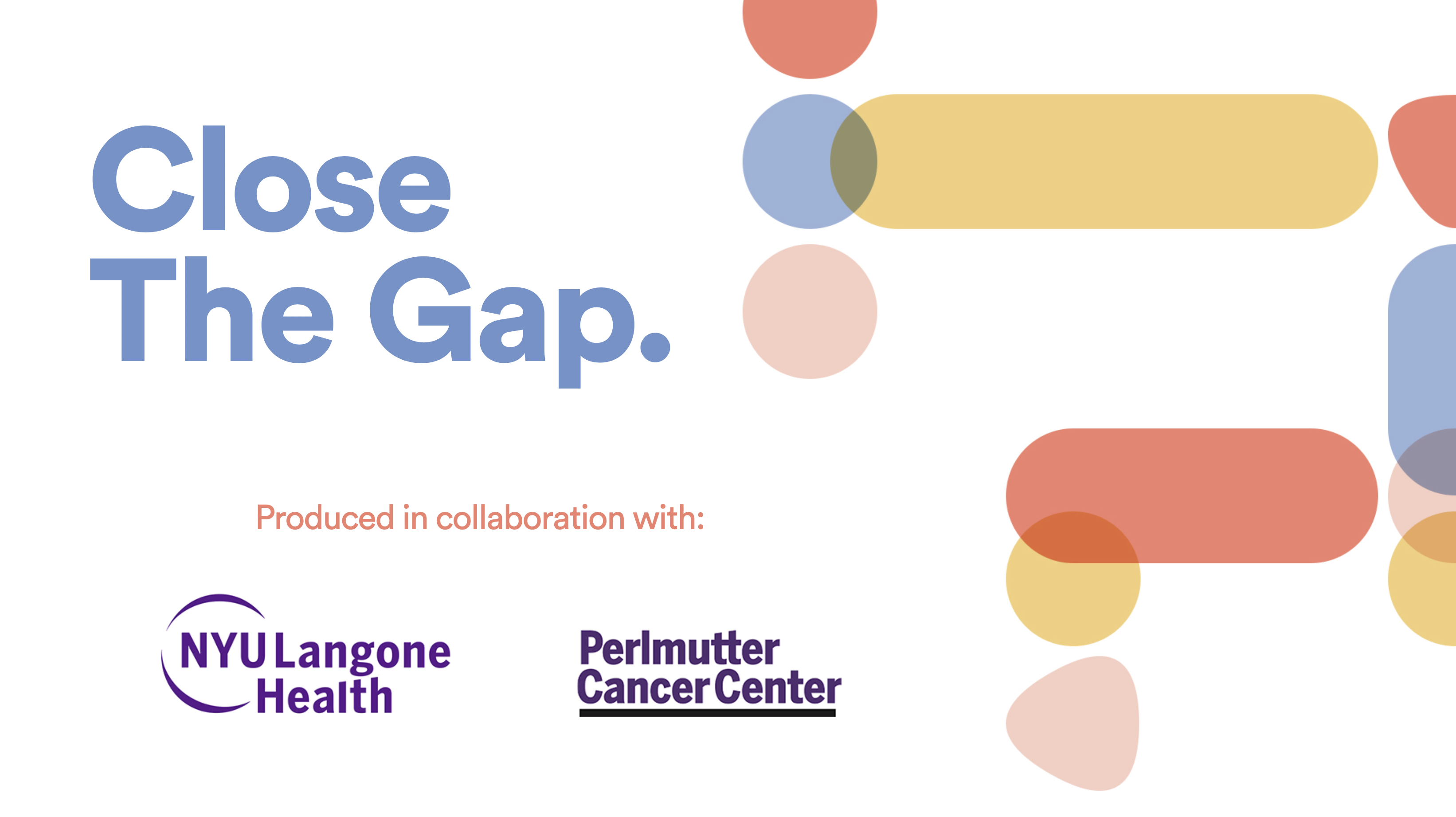Wendy's Colon Cancer Loss
- Wendy Williams’ mom, Shirley who she called “the best mother, the best girlfriend,” died of colon cancer earlier this year at age 83.
- People over the age of 50 are at a higher risk for developing the disease, but there are incidences of it in younger people, like Chadwick Boseman who passed from colon cancer at age 43 last August.
- Colon cancer is typically detected via colonoscopy screenings; people with a family history of this disease should start screening for it early.
Related: Close the Gap: Racial Disparities in Cancer Care Are Devastating Let's Change Things
Read More
Colon Cancer Risk Factors
Shirley Williams was likely at a higher risk for developing colon cancer, due to her age. Roughly 90% of cases are found in people over the age of 50. But, it’s possible to get this cancer at a younger age, too. Risk factors for colon cancer may include:- Being 50 or older
- Have inflammatory bowel disease
- Have a family history of colon cancer
- Lack of exercise and a high-meat diet
- Being overweight
- Consumption of alcohol
In an earlier interview, Dr. Heather Yeo, a Colorectal Surgeon and Surgical Oncologist at Weill Cornell Medicine and NewYork-Presbyterian, discussed cancer risk factors and alcohol. “There’s mixed data on alcohol. I do think that high levels of alcohol certainly predispose to a certain number of cancers, including pancreatic and liver cancer, and may predispose to colon cancer. But there’s also some data that shows that low levels of alcohol, or a glass of wine here and there, may actually lower your risk of colon cancer.”
Related: The Rate of Colon Cancer is Increasing in Those Under 50
Dr. Yeo emphasizes moderation when it comes to drinking. “What I generally tell my patients is that I think that moderation is important. I think that, particularly for women, anything over a half a glass or a glass a day is probably not helping your overall health. For men, they can probably go one to two glasses before they start seeing health effects.”
Does Alcohol Impact the Risks for Colon and Other Cancers?
Screening for Colon Cancer
Colon cancer is typically detected via colonoscopy, which screens for the disease. During a colonoscopy, the doctor is looking for polyps, which can turn into colon cancer if left untreated.
Dr. Zuri Murrell, a Colorectal Surgeon at Cedars-Sinai Medical Center, explained in an earlier interview what happens during the procedure. “But when we’re looking at a colonoscopy for colorectal cancer screening, what we do is we’re looking for polyps, which are these small growths. When we see a polyp, we actually physically take the polyp out through the colonoscope.”
Related: Common Misconceptions About Colon Cancer
A detected polyp is removed, then sent to a lab to be examined. “What does that mean?,” said Dr. Murrell. “That means we basically put a wire through with a little bit of a little flange at the end and we pull the polyp out. Now, note there is no pain with that. Inside the colon, there are no pain fibers, so there’s no pain. What happens is then when we take the polyp out, we send that to a lab. In about five to 10 business days, we get the results back. So when it’s in the lab, a pathologist basically cuts up the little polyp and looks under a microscope. And underneath the microscope, they can decide whether or not it is early cancer or whether it is just a precancerous polyp.”
He says that most 95% of polyps are precancerous. This means it’s not yet cancer, but if it were left in the body, it could turn into cancer. Colonoscopies are critical for detecting these polyps, and preventatively removing them to cut the risk of colon cancer.
Looking for Polyps During Colonoscopy
Learn more about SurvivorNet's rigorous medical review process.


